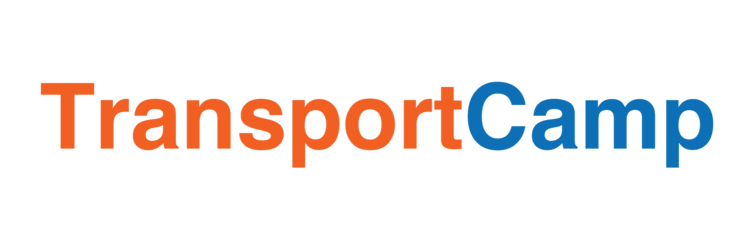Session Details
- Host: Georgia Webster (LinkedIn)
- Organisation: Office of Senator Janet Rice
- Session: 2
- Location: Supper Room
Notes from discussion with wider group:
Challenges with current political system:
Politicians need better access to impartial, expert advice
Influence of multi-nationals in decision-making / car lobby strong & influence road-orientated transport system
Time constraints on making complex, highly technical, decisions
Desire for politicians to invest in "legacy projects"
How can we develop more informed public debate?
- Challenge in communicating complexities / dry information to public, e.g need for investment in maintenance of transport networks
- Deep frames guide our decision making (autocratic vs collaborative).
How can we address these issues?
Role of independent bodes, comprised of experts, not aligned with a particular party to develop & support long-term planning.
Need for a Metropolitan level government to better coordinate transport priorities
Need for government to have access to expert advice
Marketing the benefits of long-term planning to the public
What can we do within current constraints to improve PT system, as politicians?
- Politicians need to listen to experts rather than just popular opinion
- Use participatory consultation model
- Understanding why people are making decisions, rather than just what the decisions are
- Finding opportunities to have conversation with community. Share knowledge and expertise in ways to help community to make informed decisions.
- Does attendance of politicians at community consultations help or hinder discussions?
- Public servants not always able to speak out and often prevented from collaborating due to perceived risk
- Sometimes there is a tendency to focus on status quo / easier outcome rather than the best outcome.
Recommended reading:
George Lakoff - Don't think of an Elephant
Drew Westen - the Political Brain

